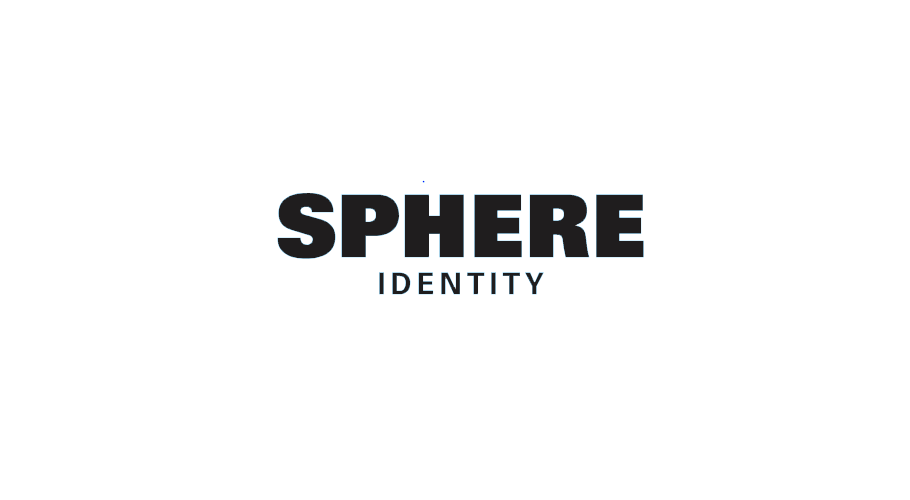Blockchain-based digital ID system Sphere Identity announced today it has launched its two-part business platform and mobile application. The platform will allow businesses to sign up customers in a secure, compliant, and global way, while also giving users simple control of their data.
Sphere Identity is one of the first self-sovereign identity platforms built for digital commerce, backed by distributed storage technologies, providing one-click consumer onboarding that in turn helps businesses navigate GDPR and other regulatory compliance risks.
From a business perspective, companies can easily integrate Sphere Identity into their KYC process, providing a more efficient alternative to online forms and streamlining their customer experience offering in a way that is adaptable to the regulatory and compliance landscape.
For consumers, the mobile application provides individuals with easy access to personal documentation, such as passports and driver’s licenses, saving them the hassle of re-entering the same information numerous times, while also giving them complete control of their personal data.
With 22% of customers currently abandoning the sign-up process due to the burdensome process of filling in online forms, Sphere Identity aims to combat the dropoff by providing consumers with a consolidated digital identity that can be easily accessed and applied as required.
The Sphere Identity platform is built with the principles of privacy and security, making use of distributed storage technology, ensuring that customer data is decentralized and fully encrypted, reducing the chances of hackers stealing data from one central source
“Customer dropoff, revenue loss, data harvesting, and security breaches have become characteristic of this digital age, for both businesses and consumers. In the wake of hacks, scandals, and regulatory responses, we are seeing an increasing rejection of this reality, with more businesses searching for solutions that uncomplicate KYC processes, make sign-up simple, and keep identity safe. In a similar vein, customers are realizing that their online identities are multiple, exposed, and easily exploited, and are increasingly frustrated at having to enter the same information over and over again, with little warning as to how that information will be used by third parties. By adopting digital identity procedures in e-commerce transactions, businesses can introduce trust and automation, which has spurred a distinct market for self-sovereign identity solutions.”


















